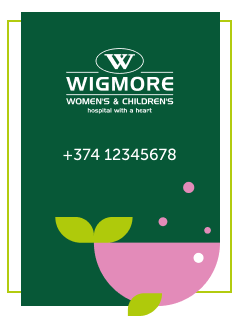Viral hepatitis, such as hepatitis C (HCV), hepatitis B (HBV) and hepatitis A (HAV), is diagnosed by your symptoms, a physical exam, blood tests, imaging studies such as a sonogram or CAT scan, and sometimes a liver biopsy.
Hepatitis: Who's at Risk?
For hepatitis C, the CDC recommends that you have a blood test if any of the following is true:
- You have been notified that you received blood from a donor who later tested positive for the disease
- You have ever injected drugs, even once many years ago
- You received a blood transfusion or an organ transplant before July 1992
- You received a blood product used to treat clotting problems that was made before 1987
- You were born between 1945 and 1965
- You have had long-term kidney dialysis
- You have signs or symptoms of liver disease
- You have HIV
- You have a known exposure to HCV
Other people who should consider getting tested for hepatitis C virus include:
Children born to HCV-positive mothers (check only after 18 months of age to avoid a false positive result)
Household members of an infected person if toothbrushes, razors, or other objects that may transmit HCV have been shared
Hospital and other health care facility workers after a needle stick or exposure to the blood of a person with HCV
Public safety and emergency medical workers after a needle stick or exposure to the blood of a person with HCV
People who have had a tattoo or a body part pierced with non-disposable needles and ink
The sex partner of an HCV-positive person, if traumatic sex or bleeding due to breaks in the skin or other reasons (such as prostatitis -- an inflammation of the prostate gland with occasional bleeding) may have occurred. HCV is generally not transmitted through sexual contact.
The following people who are at increased risk for contracting hepatitis B virus include:
People who received a blood or a blood-product transfusion prior to 1972
- Hospital and health care workers
- Household members of an infected person
- Intravenous drugs users (both present and former users)
- People who have had a tattoo or a body part pierced with an infected needle
- Sex partners of infected people
- Travelers to countries where HBV is endemic
- People who were born to a mother infected with HBV
- Transplant-organ recipients who received an infected organ
The following groups of people should be screened for hepatitis B virus:
- People born in areas where HBV is endemic
- Men who have sex with men
- Intravenous drug users (both present and former users)
- Dialysis patients
- HIV-infected people
- Pregnant women
- Family members, household members, and sex partners of HBV-infected people (even if sex occurred on only one occasion)
- People who have had more than one sex partner within 6 months
Otherwise, routine screening for hepatitis typically is not recommended unless you have symptoms or signs (such as abnormal liver-related blood tests) of the condition.

















